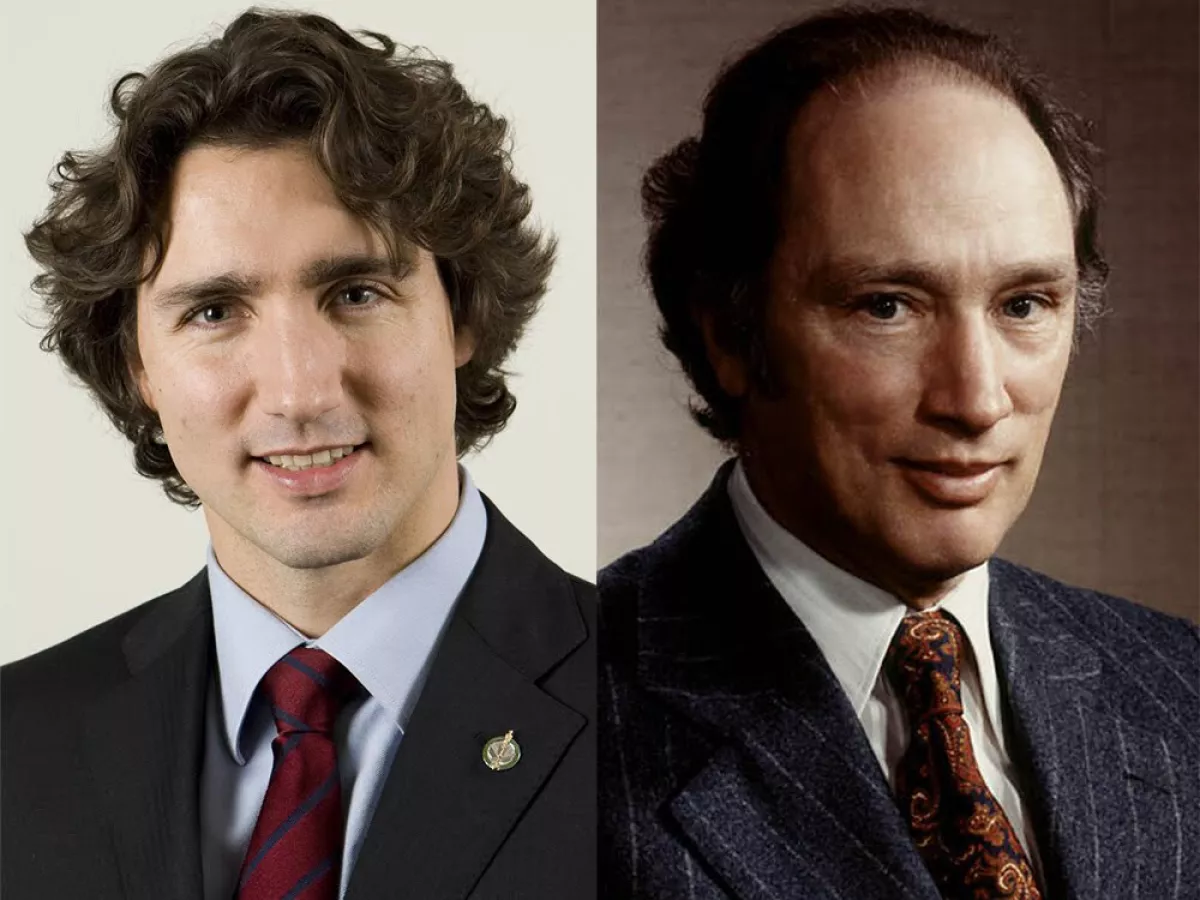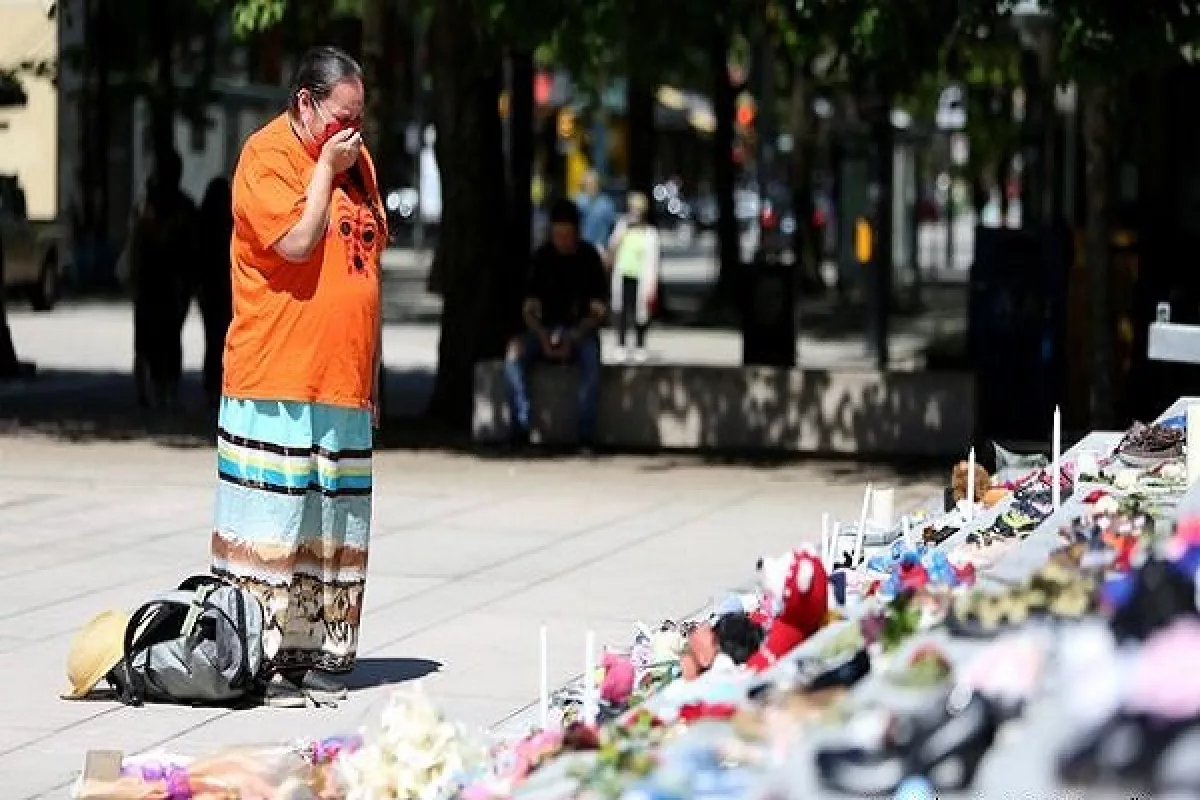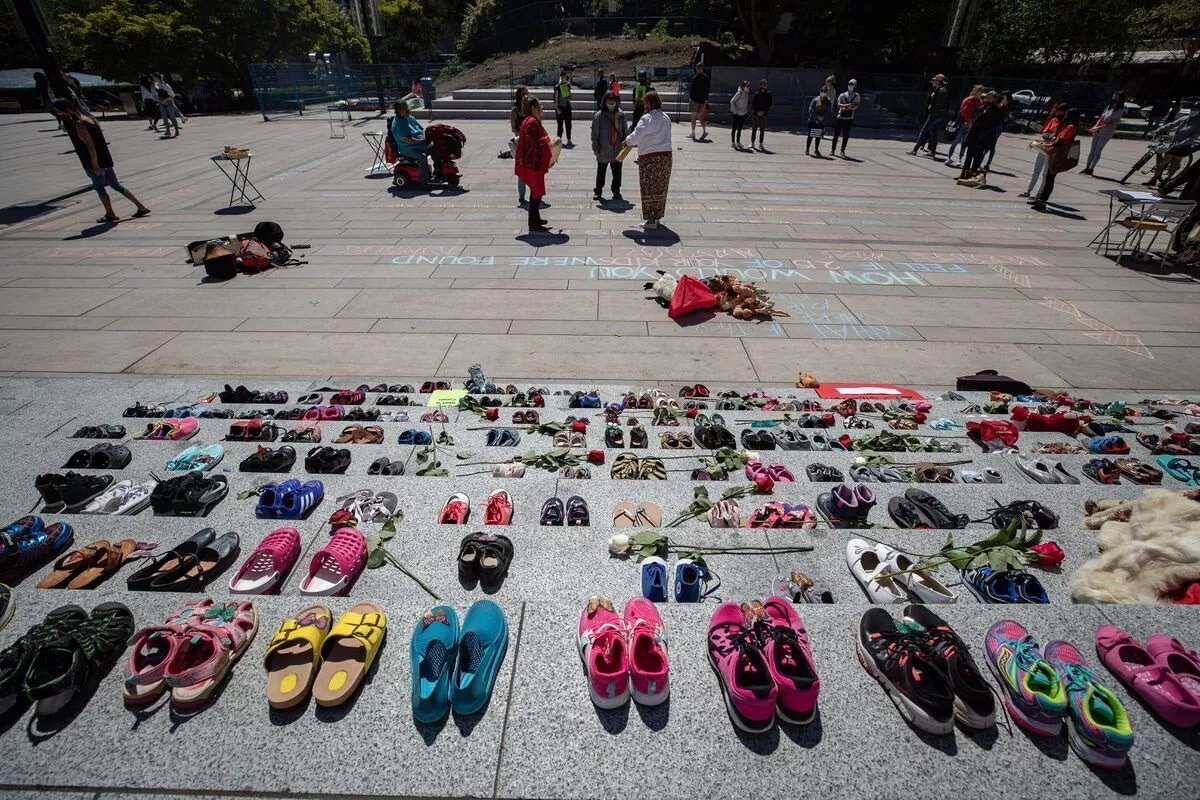Armenian sentiment overshadows Quebec concerns Canada’s duplicity
Canada has once again made headlines with its biased anti-Azerbaijani rhetoric tinged with Armenian sentiments. On the anniversary of a brilliant counter-terrorism operation carried out by the valiant Azerbaijani army to restore sovereignty and constitutional order throughout the country, Canada’s Minister of Foreign Affairs, Mélanie Joly, suddenly took on the role of a historian.
While an interest in history is commendable, especially when supported by documented evidence, one must question the source of her claims. Joly, disregarding impartiality, chose to comment on Karabakh, asserting that it has been "a region populated by ethnic Armenians for centuries." It's interesting to consider who wrote this text for the head of Canada’s foreign affairs department. How could she calmly sign such a historically false statement without even bothering to check, at least, some English-language sources on the Internet?
Perhaps, sooner or later, Mélanie Joly will find it prudent to delve into the real history of the South Caucasus, both in terms of the formation of its ethnic composition and in the context of contemporary realities. Because, even in the recent history of this region, Canada’s Minister of Foreign Affairs appears to be completely uninformed. Otherwise, she wouldn’t have signed a statement that characterizes last year’s events as “an unjustified military operation by Azerbaijan.”
Moreover, it is quite interesting how Ms. Joly, who once earned a bachelor's degree in law, views the issue of separatism in Quebec. Perhaps it would be beneficial for her to familiarize herself with the works of Canada’s 15th Prime Minister, Pierre Elliott Trudeau, who is often portrayed as a statesman “who defended Canada’s integrity against threats from proponents of extremist forms of separatism arising among radical nationalists in the French-speaking province of Quebec.” This politician is frequently presented as the head of the Canadian government who consistently adhered to the concept of “One Canada.”

It is noteworthy that Pierre Elliott Trudeau is the biological father of the current Prime Minister of Canada, Justin Trudeau. The latter has repeatedly equated Armenian separatism in Azerbaijan with issues of "human rights," in clear violation of international law.
However, this is not the whole story. We can recall the significant protests by Canadian truckers in 2022, during which Prime Minister Trudeau labelled the demonstrators a "marginal group" and initiated a state of emergency in Canada. One of his justifications for this action was the so-called "threat to public safety," which he claimed warranted a response to prevent "illegal and dangerous actions."
In other words, while a "threat to public safety" is deemed unacceptable in Canada, the encouragement of armed anti-Azerbaijani actions by Armenian separatists and terrorists—transferred to Azerbaijan from Armenia—is viewed as entirely "legal" from the perspective of Ontario.
Continuing to explore the pages of Canada’s recent history, we find that from 1830 to 1996, residential schools for Indigenous children operated in Canada. One of the main objectives of these institutions was to suppress the identity and inherent values of the children. For the purpose of assimilation, about 150,000 children from the indigenous communities of Canada were forcibly separated from their families. Students were deprived of the right to communicate in their native languages and even to the minimum extent to demonstrate their cultural identity. Simultaneously, the students were used as guinea pigs in experiments aimed at validating or disproving various dietary and gastronomic theories.

According to open sources, between the 1960s and 1980s, Canada practised the "expropriation of Indigenous children from their families for placement in foster homes or adoption." As a result of such actions, known as the Sixties Scoop, nearly 20,000 Indigenous children were taken from their families and raised or adopted primarily by middle-class white families.
More recently, in 2015, the UN Committee on the Elimination of Discrimination against Women accused the Canadian authorities of failing to take adequate measures to investigate the widespread violence against Indigenous women in the country.
In 2019, the top officials of the Canadian province of British Columbia took harsh measures aimed at suppressing protests by local Indigenous peoples who refused to agree to the construction of a pipeline on their ancestral lands.
Just last year, the English River First Nation (one of the Indigenous minorities in Western Canada) discovered a mass grave of nearly 100 Indigenous children in Beauval (Saskatchewan), located near the same residential school mentioned earlier. In total, over 1,300 children's graves have been found near similar institutions from 2021 to 2023.

This situation is particularly striking. Canada, a nation with a history of significant human rights violations spanning centuries, has the nerve to issue documents regarding the territorial integrity of Azerbaijan. It’s important to note that we are familiar with such tactics. As a result, Baku regards these pseudo-documents as mere distractions and remains focused on advancing efforts to strengthen its national security.








